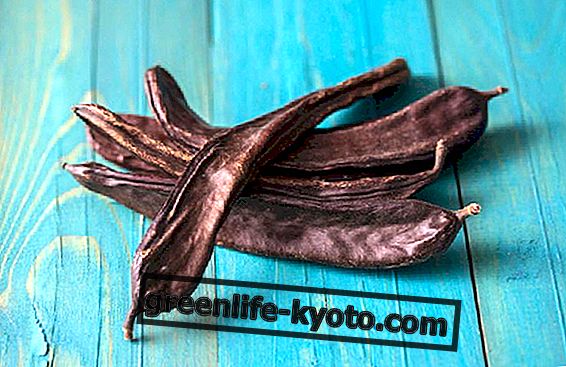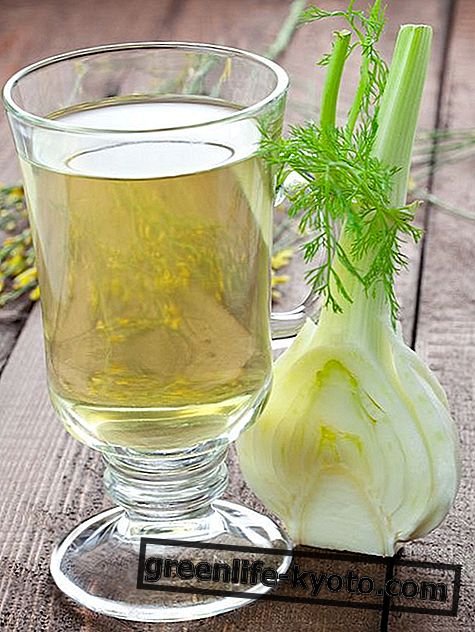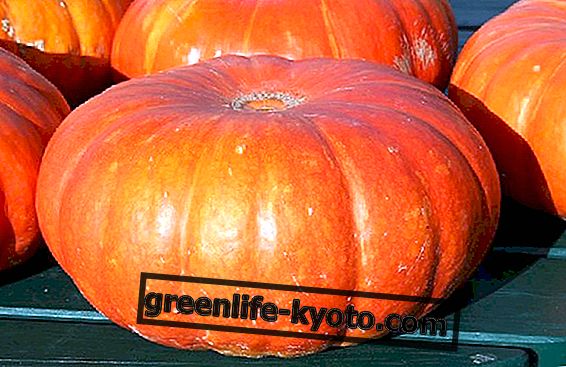
Despite a particularly long autumn, seasonal ailments are the order of the day. If it's not the biting cold that strikes, it's the temperature changes, the difficulty of dressing properly in a bizarre climate, the normal greater fragility typical of seasonal changes.
" A cold is a disease that, if cured, lasts seven days, otherwise it lasts a week, " reads an old proverb. If this is what our local culture hands down on one of the most unpleasant seasonal unforeseen events, let's now see the point of view of Ayurvedic medicine.
What kind of cold do you have?
For the ayurveda the cold (pratisyaya) is given by an accumulation of toxins and that the body has failed to properly dispose of and, therefore, its deep root resides in the digestive system. The winter season is one that sees an increase in diseases related to the lungs and the upper respiratory tract due to the predominance of the dosha kapha, although the disorders due to a seasonal imbalance generally have a benign prognosis, ie they are annoying, but not serious.
If this is the general overview, here are the typical cold characteristics of each dosha:
VATA: cold with widespread pain, especially in the head
PITTA: cold accompanied by stuffy nose, burning sensation, dry sneezing
KAPHA: cold with abundant nasal secretion, strong tearing, heaviness of the head.
We stock up on precious herbs: ginger, pepper, eucalyptus, basil!
Throughout the winter period, anti-kaph strategies will have to be adopted if we are struggling with any disorder caused by the pathological increase of this dosha. A cold is an example and therefore it is necessary to avoid exposure to cold, the ingestion of frozen drinks, dairy products.
Regarding the more specific cold remedies, we rely on the advice of experienced Ayurvedic doctors, as reported in some reference texts.
The professor. Dash (honorary president of the Italian ayurveda Institute) suggests composing a mixture of ginger, black pepper and long pepper in equal quantities (1/4 teaspoonful) to which to add honey. The inhalation of eucalyptus vapors, or the instillation in the nose of mustard oil (which however is slightly irritating) may be beneficial.
The dott. Vinod Verma (internationally renowned scholar and expert in Ayurveda) proposes the following recipe: " Take 11 fresh basil leaves , a tablespoon of ginger and five grains of black pepper. Crush everything and add 200 ml of boiling water. Leave everything to simmer with the lid on a low heat and then filter. Eventually sugar ".
In any case, hot drinks are recommended: even a simple water and lemon (hot) or a black tea (preferably) spicy (with ginger) can be of great benefit.
Do you know which other herbs are useful for curing a cold? Find out here!
An excellent habit to prevent colds: washing the nose
An excellent practice especially for the prevention of colds is the never too mentioned jala neti, ie the cleaning of the nasal cavities . This very ancient Indian remedy consists of introducing salt water (or physiological solution or a teaspoon per half liter of water) into the nose through a special small jug, called lota (it is also found in Italy in specialized shops ). Standing, bend the torso at 90 ° and recline the head so as to place this solution in the upper nostril and allow the flow in the other nostril, in order to expel the liquid. Initially, the practice may be a bit laborious and we must get carried away; but once the correct position has been learned, this wash will only take a few minutes and can also be offered to children.
SEE ALSO
Treating cough with ayurveda
The importance of nasal washes for children













